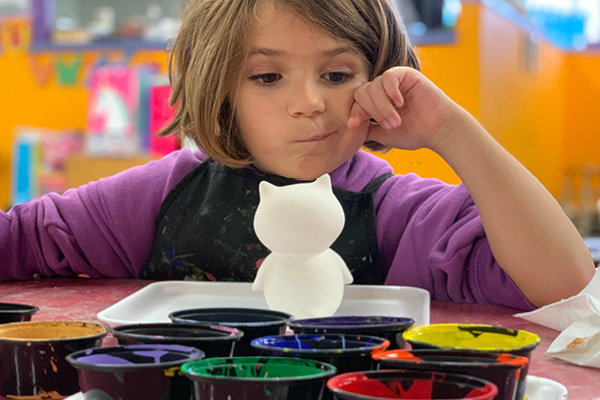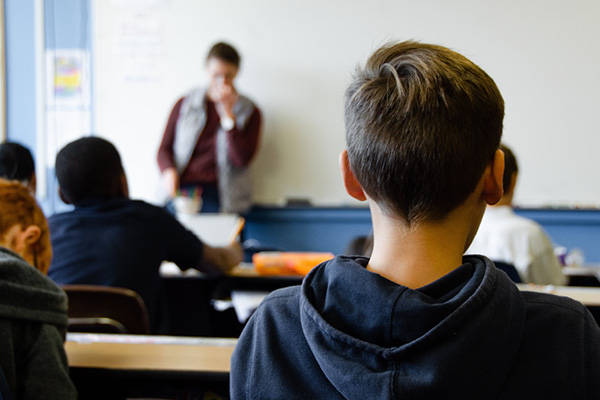What is success at school? Some might think it’s good grades, winning awards, getting into the sporting team, or receiving a role in the school play. It may be all of those things, but it is also so much more than that.
Those who have been through it know that school is not just school: it sets children up for the rest of their lives by developing essential skills like resilience, self-regulation, and so much more.
Life Education Queensland had the opportunity to sit down and chat with parenting expert Dr Judith Locke for our latest podcast, “Help your child succeed at school”.
As a clinical psychologist, former school teacher, and best-selling author of The Bonsai Child and The Bonsai Student, Dr Locke shares with us her expert parenting tips for success. The podcast covers a range of topics from how to ease the morning school rush, the three key elements to success at school, bullying and the signs to watch out for, and much more.
In the podcast, Dr Locke, also shares her five R’s to setting your child up for success.
Resilience is the ability to recover from tough, challenging, or difficult situations. For your child, a setback could be something as simple as not getting the cookie they wanted, not getting on the school sport team, or not reaching the grade they were expecting for a school assignment. Resilience can be measured by how well we ‘bounce-back’ from disappointments.
Building and developing resilience is showcasing to children how they can cope with the ups and downs of life to prepare for the future, and this is done by having experiences that might not always necessarily be positive.
Here are some ways you can develop resilience in your child:
Self-regulation is being able to control your thoughts, emotions, and behaviour in the pursuit of long-term goals. For emotional regulation this can refer to managing disrupting impulses and emotions.
For children, this might be ensuring they complete their homework even though they may rather play video games. This means they can do the preparation, so they are ready and prepared for class instead of falling behind if they prioritise too much time on video games.
Here are some ways you can help your child learn about self-regulation:
Resourcefulness is the ability to cope with sudden change and being able to make a decision to enable you to adapt to the current circumstances.
For your child this might be knowing what to do if they forgot their lunch for school that day and being able to resolve this by speaking to the teacher or going to the canteen.
Ways that you can encourage your child to develop their resourcefulness include:

Respect is accepting a peer, friend, or acquaintance for who they are even though you both have differences of opinion, values and life experiences.
This might include listening to adults and figures with authority while they are speaking. Or it might be simply showing respect to your peers when they are talking about a subjector celebrating a peer who won a game.
Looking for ways to develop respect in your child? Here are a few ways below:

Responsibility is the ability to be accountable for your own actions and demonstrating a duty to deal with something. This could include showing respect for others and doing your best to improve the situation for others.
It can mean showing consideration for others. For example, when on public transport, asking if an elderly or pregnant person would like your seat or completing chores around the house.
How can you improve your child’s responsibility? Here are some potential ways:
So… how do you go about teaching your child the five R’s? Whether it’s through reading your child books or watching a movie together that demonstrates these skills, or reflecting on times when your child might have shown some of these skills in action, it’s all about continuous education over time.
We cover many of these topics in our Life Education Queensland health education programs such as:
Developing these skills takes time, and while at school, your child will naturally be exposed to further growing these. Be supportive of your child but not too helpful where you smooth out every bump for them. Allow your child to face challenges and learn from them.
To hear more of our free resources for families, visit our Life Education Queensland podcasts here, or you can find us on your favourite podcast platforms.